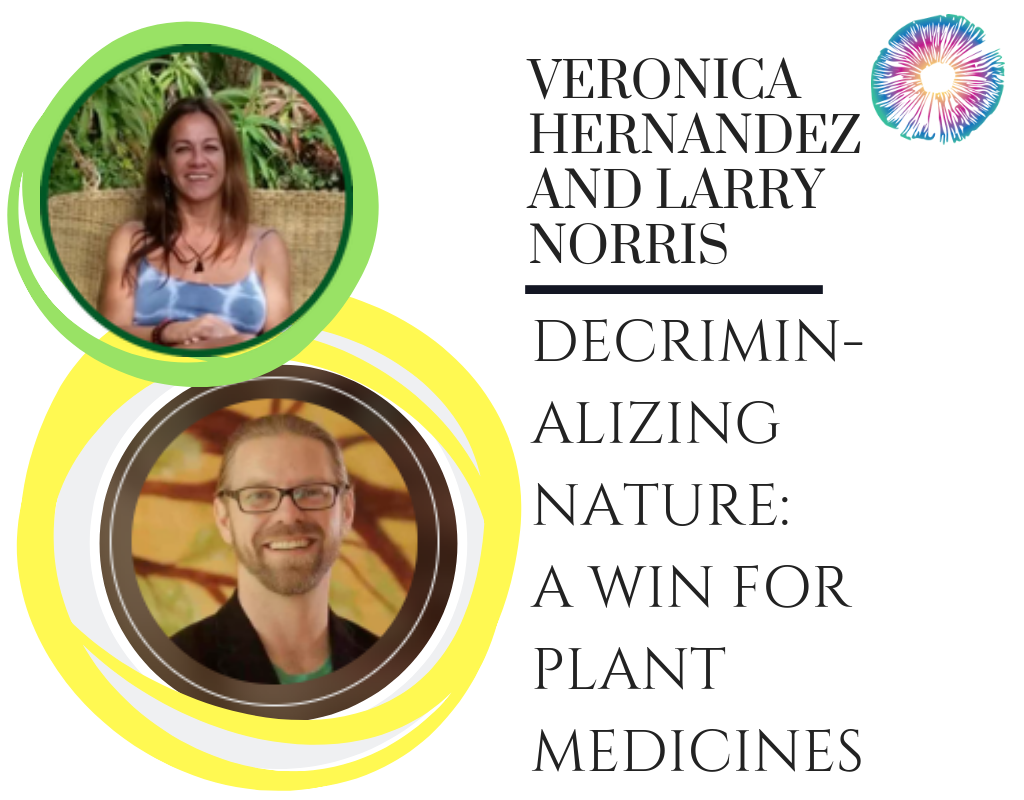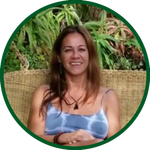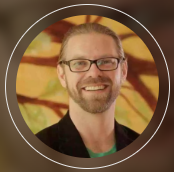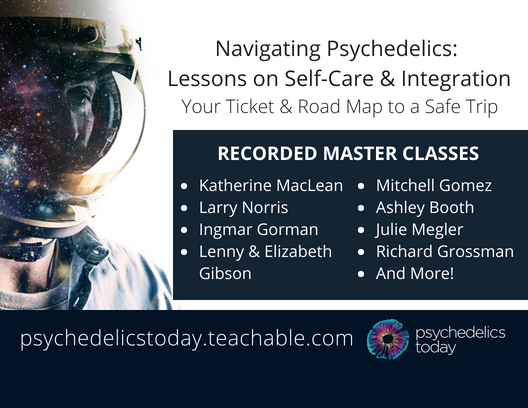
In this episode, Joe and Kyle sit down and chat with Veronica Hernandez and Larry Norris of Decriminalize Nature Oakland. Decriminalize Nature is an educational campaign to inform Oakland residents about the value of entheogenic plants and fungi and propose a resolution to decriminalize our relationship to nature, which just recently had success in doing so.
3 Key Points:
- Decriminalize Nature Oakland is a campaign that just recently found success in decriminalizing psilocybin mushrooms as well as other psychedelic compounds naturally derived from plants or fungi, such as ayahuasca, peyote and DMT.
- The mission behind Decriminalize Nature is to improve human health and well-being by decriminalizing and expanding access to entheogenic plants and fungi through political and community organizing, education and advocacy.
- These decriminalization initiatives are gaining traction across many cities in the US. It’s about connecting to key people in the community and educating them, so they can use their reach to get information about these plants out there, to provide access to people everywhere.
Support the show
- Patreon
- Leave us a review on iTunes
- Share us with your friends – favorite podcast, etc
- Join our Facebook group – Psychedelics Today group – Find the others and create community.
Navigating Psychedelics
Trip Journal Integration Workbook


Show Notes
About Veronica
- Veronica is a clinical psychologist licensed in Peru
- She has been working in the US as a Social Worker Clinician
- She has been combining plant medicines and spirituality back into psychology
- She is currently finishing her PhD at CIIS
About Larry
- He is in the same PhD program as Veronica
- Him and Veronica are the team that created ERIE
- In between they have taken the time to run Decriminalize Nature Oakland
Decriminalize Nature
- In this initiative, they had to convince 8 people of city council to agree to this, in comparison to the Denver Initiative, where they needed thousands of ballot signatures
- This bill included naturally occurring psychedelic compounds, not just mushrooms
- Larry mentions they used the word entheogen instead of psychedelic, as a way to create new conversation around the plant medicines a reduce the stigma
A Win for Plant Medicine
- From where Veronica comes from, Ayahuasca and other plant medicines are national patrimony, state and church can’t touch them
- To be able to bring these to a place where it’s considered schedule 1, Veronica is super inspired about being able to make this happen
- Right now these plants are in a tug of war between money interest of the tax side and the government, and the other side of corporate interest
- The goal now is to educate people on what these plants do, safe practices and develop places and services to hold the space and make these plants available to people
- It’s about connecting to key people in the community and educating them, so they can use their reach to get information about these plants out there
- Starting city by city is typically easier to initiate, to then have a better hold on direct action and education afterward to be able to duplicate on the state level
- They have had 50 different cities from 30 different states reach out to make this happen in their communities
- Veronica says that her first time trying San Pedro, she had felt an immediate connection to the plants
- It became her goal to combine conventional medicine with plant medicines and make it available to everyone
- “To be in touch with something bigger than yourself is one of the most important things” – Veronica
Sustainability
- Although there was no verbiage in the bill, they are being mindful about sustainability of the plants when making them more available with decriminalization
- Synthesis is a better idea for ibogaine, 5-MEO-DMT and other compounds that are naturally derived but also pose a risk to their sustainability with decriminalization
- The landscape just doesn’t allow for synthesis right now, so we start at decriminalization and then hopefully open doors to the route of synthesis to aid in the sustainability of these substances and resources
- Larry’s advice is that instead of spending your money and taking a trip to Denver or Oakland, to stay home and organize this is your own community because it can actually happen
-
- It starts now and it starts with education
Joe says the most major push-back received in Denver for the decriminalization was the threat of people driving on mushrooms
- It starts now and it starts with education
Links
About Veronica

Veronica Hernandez, is a clinical psychologist and shamanic practitioner from Peru. Since 2006 she has been trained on shamanic facilitation. She received her clinical training at the Institute of Rational-Emotive Therapy, New York, under the supervision of Dr. Albert Ellis. She was assistant professor at the Universidad Peruana Cayetano Heredia and research assistant at the Hospital Psiquiátrico Noguchi de Lima (Peru). In the United States, she worked as a Social Services Clinician at John Muir Health Hospital’s Inpatient Psychiatric Adolescent Unit, California. Currently she is completing her doctoral degree at California Institute of Integral Studies (CIIS), San Francisco, where she is carrying out research on the healing and transformative benefits of entheogens, especially Ayahuasca.
About Larry

Larry Norris, MA, PhD Candidate is the co-founder and executive director of ERIE (Entheogenic Research, Integration, and Education) 501(c)(3), a group dedicated to the development of entheogenic research and integration models. Larry is also a co-founder and on the Board of Decriminalize Nature Oakland and helped to co-author the resolution which received an unanimous decision from Oakland City Council. Beginning his studies in cognitive science as an undergrad at the University of Michigan, he is now a PhD candidate in the East-West Psychology department at the California Institute of Integral Studies (CIIS) in San Francisco. His dissertation reviews archived ayahuasca experiences to identify transformational archetypes that induce insights hidden within the experiences. As adjunct faculty at CIIS, Larry taught a graduate course called Entheogenic Education: Contemporary Perspectives on Ancient Plant Wisdom in order to discuss the concept of entheogens as educational teachers and cognitive tools. He was also an adjunct faculty at John F. Kennedy University teaching a class titled Paradigms of Consciousness. A dedicated activist and proponent of cognitive liberty, Larry’s efforts are a contribution to not only change the Western legal status of these powerful plants, fungus, and compounds, but also to emphasize the potential sacred nature of entheogens given the right set and setting.



